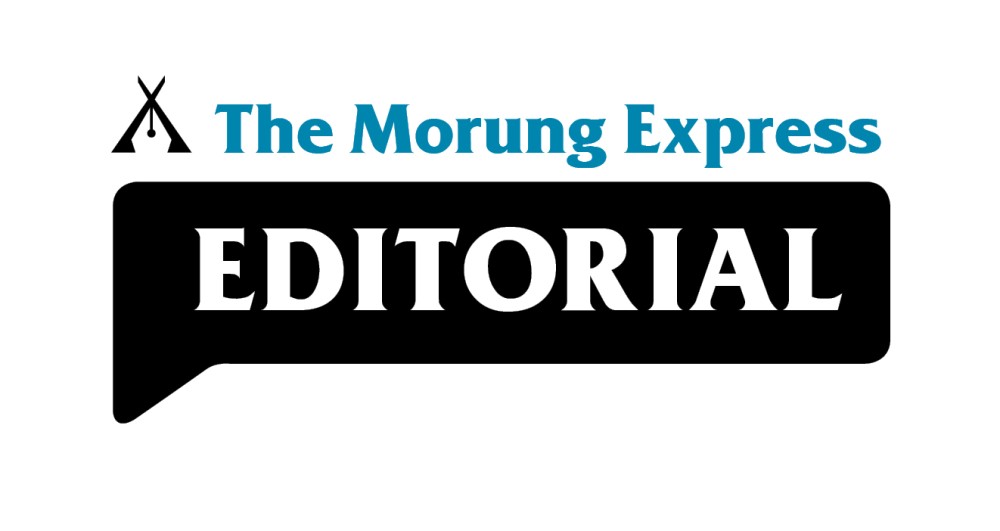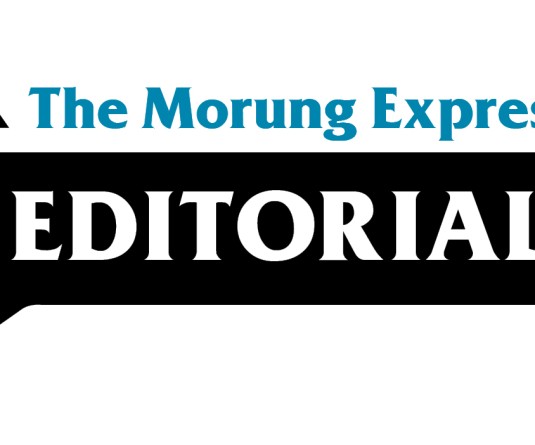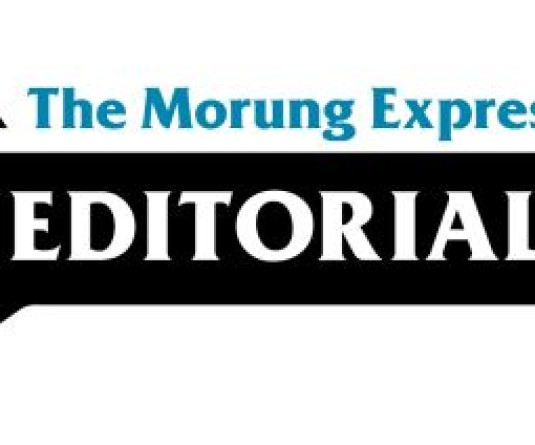
By Akangjungla
The media in Nagaland, much like the state itself, stands at a complex crossroads. It operates in a dynamic and rapidly evolving landscape, where the digital revolution has democratised information but also amplified the challenges of responsible reporting. This new era, with its 24-hour news cycles and the relentless stir of social media, has made the role of ethical journalism not just important, but absolutely critical for the health of public discourse and integrity of governance. In an era of digital noise and relentless information, the trust once vested in Nagaland’s media seems to be wearing out.
The core challenge facing local media is the erosion of public trust. This trust, painstakingly built over decades, is a fragile commodity. It is threatened by the relentless pressure to be first, often at the expense of being right. The line between reporting news and creating spectacle becomes dangerously blurred. Furthermore, the insidious influence of paid news, advertorials masked as objective reporting, and the temptation to serve particular political or commercial interests deeply undermines media credibility. When the public cannot distinguish between fact and sponsored content, the very foundation of an informed citizenry is shaken.
Reclaiming the high ground of ethical journalism is not a choice but a necessity. The solutions, while not simple, are clear. They begin with a renewed institutional commitment to the foundational pillars of journalism: accuracy, fairness, and accountability. Newsrooms must invest in robust fact-checking protocols, ensuring that every story is verified before publication. Transparency is key; openly correcting errors and declaring potential conflicts of interest does not diminish credibility but enhances it. For journalists on the ground, this means embracing a journalism of degree over noise. It requires taking the time to understand the context of the stories they cover. Building trust also means engaging with communities directly, listening to their concerns, and reflecting their realities with integrity, rather than speaking only to a narrow set of official sources. Media literacy is a shared responsibility. As consumers of news, the public must also develop a critical eye, learning to identify reliable sources and question sensationalist content. A discerning audience is the best defence against the spread of misinformation.
A credible press holds power accountable, fosters constructive debate, and provides a shared foundation of facts. Rebuilding trust in the media requires a relentless commitment to accuracy, transparency, and impartiality from news organisations. Reclaiming this trust is not optional; it is essential. It demands an unwavering return to the core principles of journalism: rigorous fact-checking, transparency, and true accountability to the public. In an ocean of information, ethical journalism is the unwavering compass that guides society toward truth and understanding. For the media in Nagaland, upholding this responsibility is the only way to maintain its vital role as a pillar of democracy, a watchdog for the people, and a guardian of our collective well-being. This renewal begins in every newsroom and with every journalist recommitting to integrity above all.
Comments can be sent to akangjungla@gmail.com





